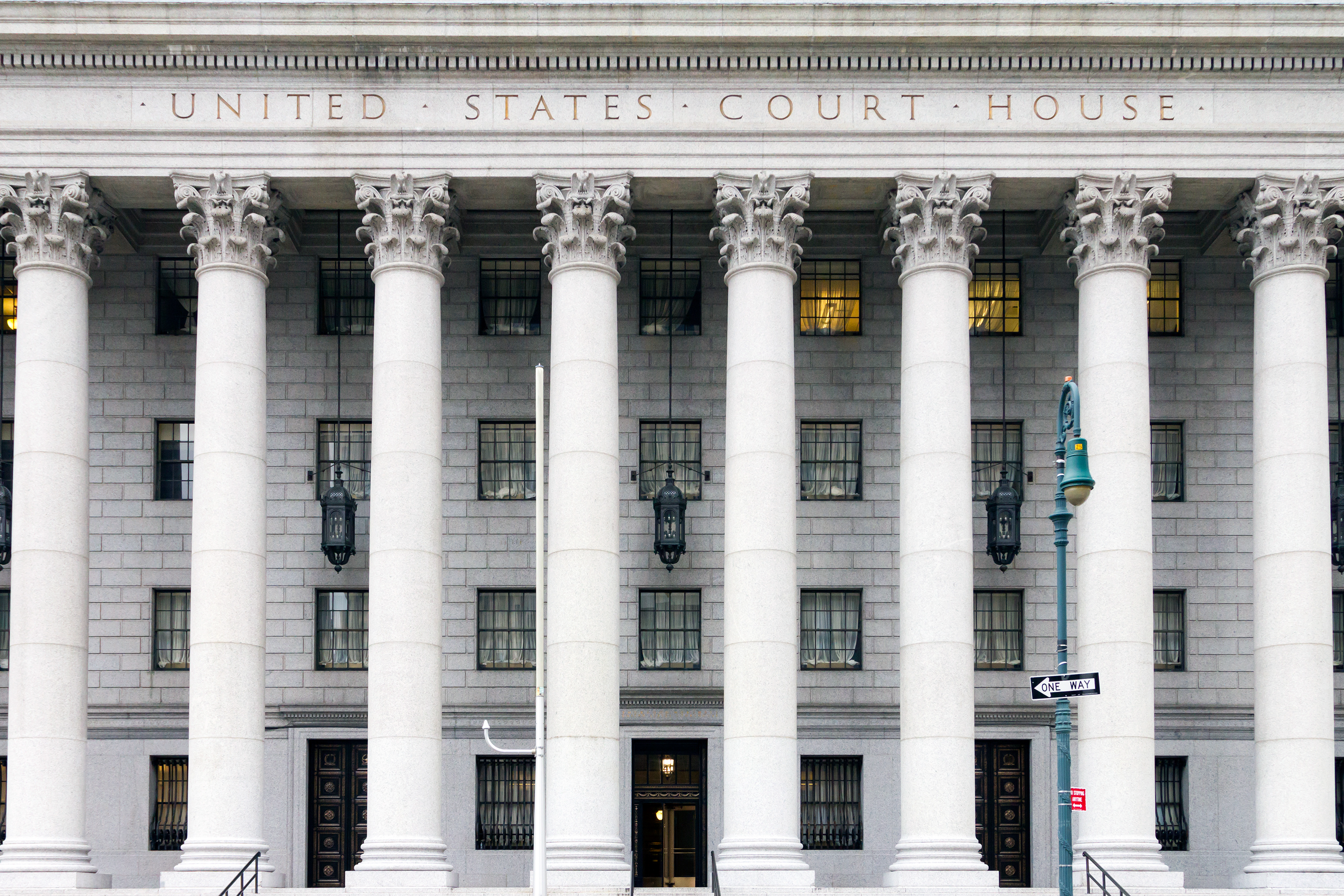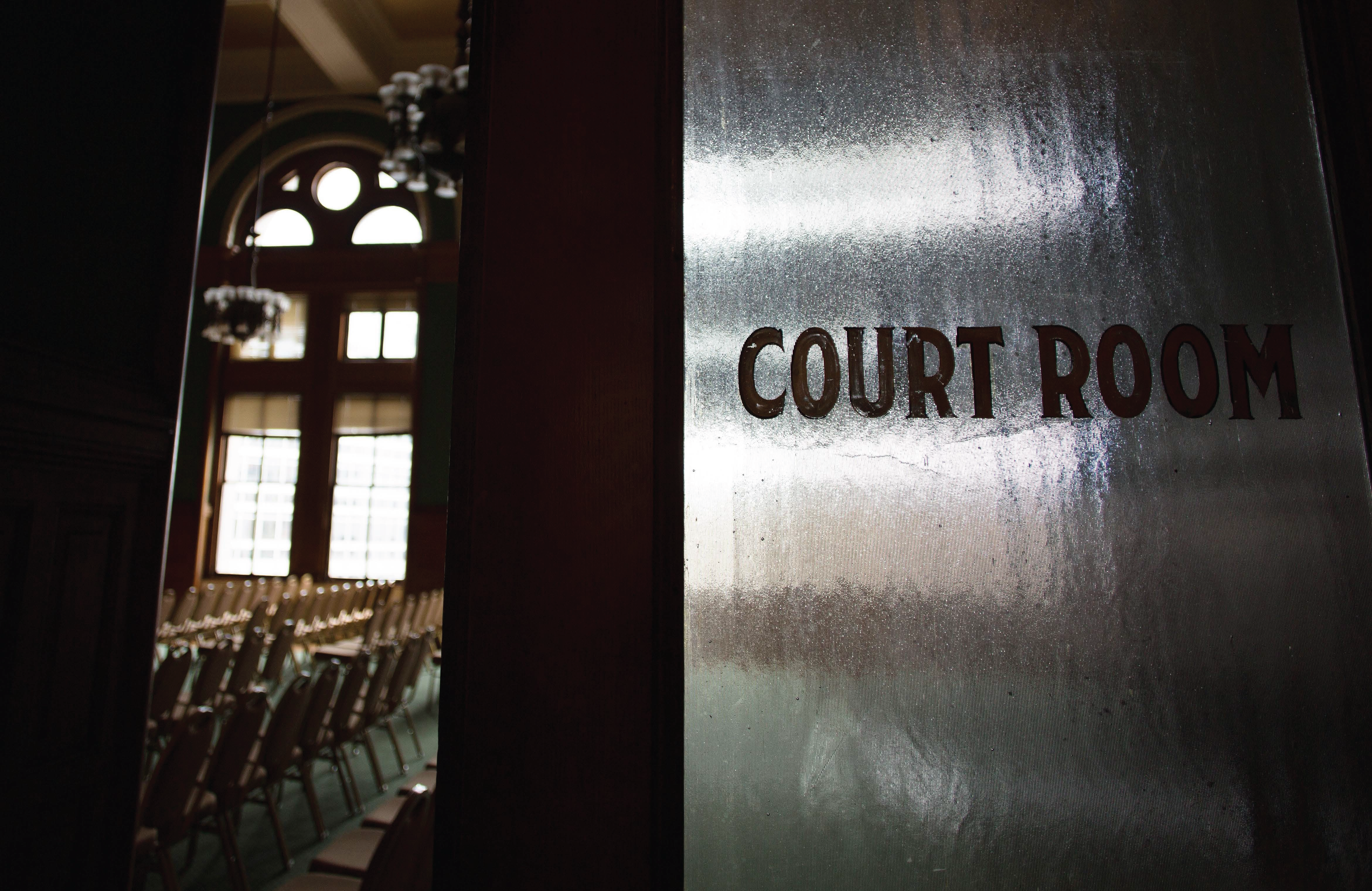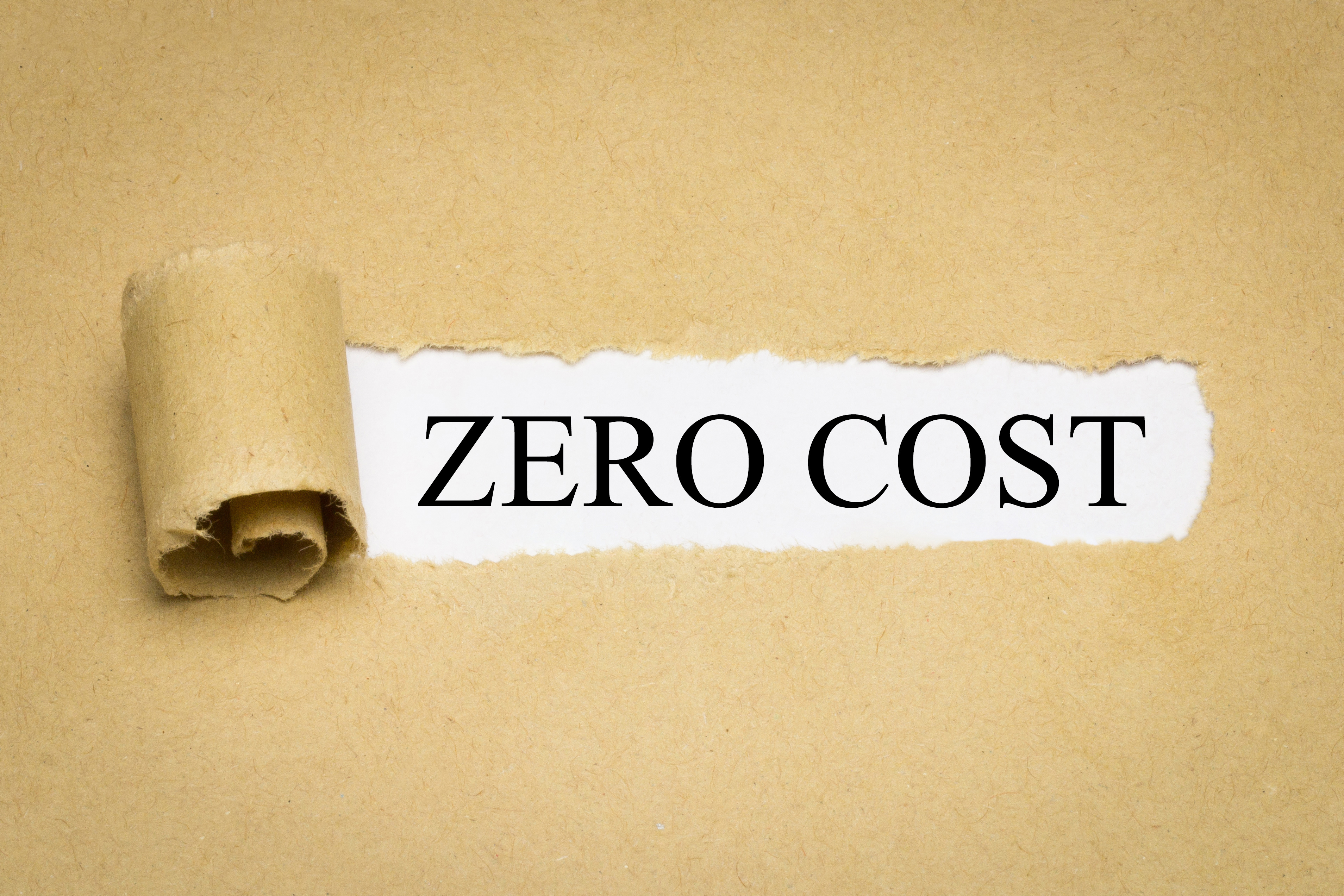The Georgia court system has six classes of trial-level courts: the superior, state, juvenile, probate, magistrate, and municipal courts. There are two appellate-level courts: the Supreme Court and Court of Appeals.
The superior court exercises broad civil and criminal jurisdiction. Superior court judges preside over all felony trials, have exclusive jurisdiction over divorces and may correct errors made by limited jurisdiction courts. State courts exercise limited jurisdiction within one county. These judges hear misdemeanors including traffic violations, issue search and arrest warrants, hold preliminary hearings in criminal cases, and try civil matters not reserved exclusively for the superior courts.
Juvenile courts handle all cases involving juveniles under 18 who are alleged to be delinquent; those who are abused, neglected, or without a parent or guardian; those considered to be children in need of services, guidance, or counseling, including truants, runaways, and ungovernable juveniles; and traffic violations committed by those under the age of 17.
Original jurisdiction in the probate of wills and administration of decedents’ estates is designated to the probate court of each county. Probate judges are also authorized to order involuntary hospitalization of an incapacitated adult or other individual, and to appoint a legal guardian to handle the affairs of certain specified individuals. Probate courts issue marriage licenses and licenses to carry firearms.
Magistrate courts are county courts that issue warrants, hear minor criminal offenses and civil claims involving amounts of $15,000 or less.
Cities in Georgia establish municipal courts to adjudicate traffic offenses; local ordinance/violation cases; conduct preliminary criminal hearings; issue warrants; abate nuisances; and in some cities hear misdemeanor shoplifting, criminal trespass, and possession of marijuana cases.
Courts of Review
The Supreme Court of Georgia, the state’s highest court, reviews decisions made by other courts in civil and criminal cases. The Court of Appeals is the court of first review for many civil and criminal cases decided in the trial courts.
Managing today’s court operations requires the expertise of many professionals other than judges. Court administrators, court clerks, prosecutors, jury managers, and court reporters are only a few of the staff members who are essential to keeping our trial and appellate courts working smoothly. Issues and decisions regarding automation technology, courthouse design and security, preservation and safekeeping of records make the business of court administrators and other courthouse personnel both complex and indispensable.





